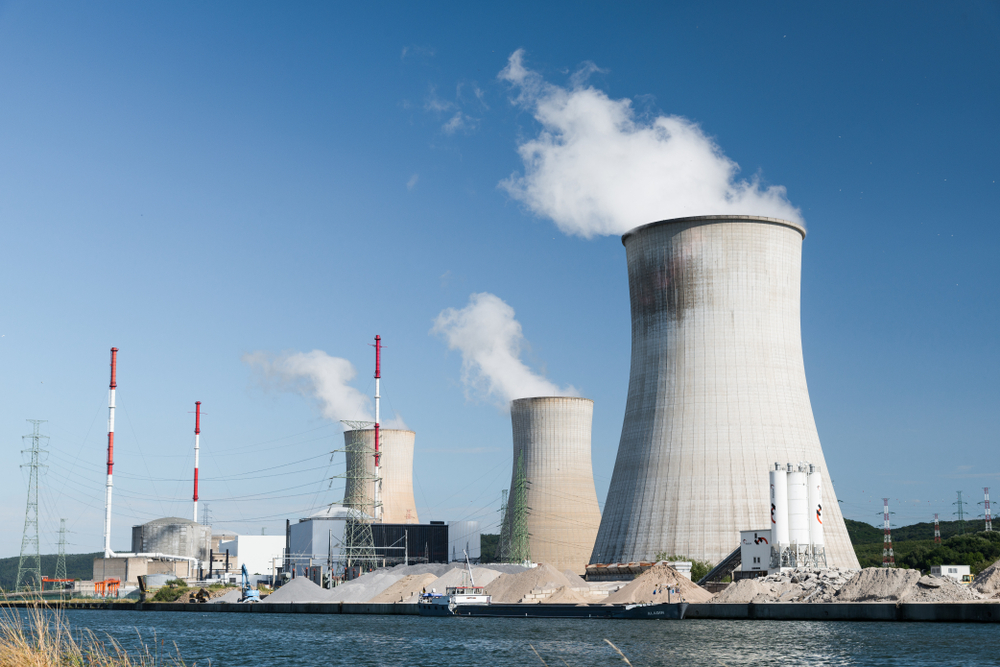Massive Expansion at Dukovany and Temelín
Czechia aims to generate up to 60 percent of electricity from nuclear power by 2050. Crews expand the Dukovany plant by adding two new reactors. Engineers drill 140 meters underground to confirm geological stability for the $19 billion project. Officials plan to double national nuclear output, cementing Czechia as a top European nuclear producer.
South Korea’s KHNP won the construction contract over France’s EDF. Each new reactor will produce more than 1,000 megawatts. The reactors will complement Dukovany’s four older 512-MW units and enter service in the second half of the 2030s. KHNP also allows Czechia to add two reactors at Temelín, which currently has two 1,000-MW units. Authorities plan to follow these with small modular reactors.
Petr Závodský, Dukovany CEO, said the expansion will replace fossil fuels, stabilize energy prices, and meet growing electricity demand for electric vehicles and data centers.
Europe Revives Atomic Energy
Czechia expands nuclear power as global energy demand surges and climate regulations tighten. Nuclear energy produces waste but no greenhouse gases. The EU recognizes nuclear energy as environmentally sustainable, unlocking financing for Czechia, Slovakia, Hungary, and France.
Belgium and Sweden reversed nuclear phase-out plans. Denmark and Italy reconsidered their policies. Poland signed with Westinghouse to build three new reactors, joining twelve nuclear-friendly EU nations. The EU generated 24 percent of electricity from nuclear in 2024.
Britain signed a U.S. cooperation deal and will invest £14.2 billion to build Sizewell C, the first new plant since 1995. CEZ, the government-controlled Czech utility, partnered with Rolls-Royce SMR to develop small modular reactors.
Costs, Security, and Opposition
Czechia will spend over €16 billion on Dukovany and acquire an 80 percent stake. The government will guarantee CEZ revenue for 40 years and a loan repayment over 30 years. Officials expect EU approval, supporting the bloc’s 2050 climate-neutral goal.
Currently, 40 percent of electricity comes from nuclear and 40 percent from coal. Officials plan to phase out coal by 2033. Russia’s Rosatom and China’s CNG lost the Dukovany tender due to security concerns. CEZ signed fuel deals with Westinghouse and Framatome, eliminating dependence on Russia and securing 10 years of supply.
Despite public support, critics argue nuclear projects cost too much and question waste management. Austria, near Dukovany and Temelín, remains strongly anti-nuclear, rejecting Czech small modular reactors and recalling past Temelín disputes that blocked border crossings.
Czechia continues to weigh energy independence, climate commitments, and regional concerns as it moves forward with its ambitious nuclear expansion plan.



